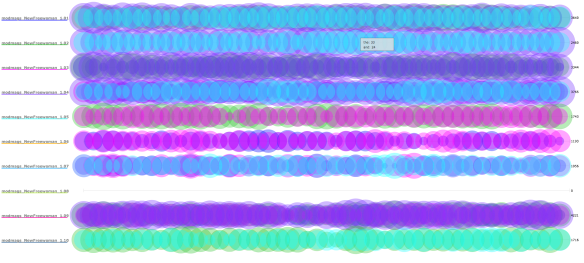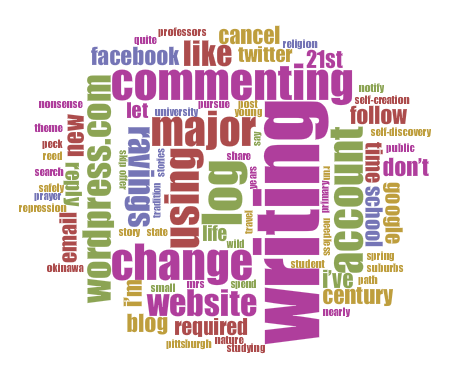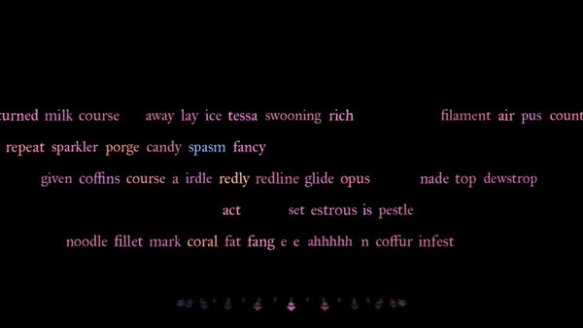“Don’t let your struggle become your identity.”
All semester I have been exploring my identity and the identities of all writers in the 21st century. But what does that make those who, like me, are not quite ready for the technological age?
I suppose we have our places, too. I suppose we slowly integrate into the unknown, virtual world and find our corners to hide in, to people watch. Instead of coffee shops, we stalk our subjects on Twitter and Facebook. Instead of notebooks we use the notes app on our iPhones. Instead of writing in lamp light, we sit in the dark with our laptops or iPads or desktops and bleed on to the keys like those before us did with a typewriter. But when we go out, we carry our notebooks and our pencils. We sketch next to our notes and keep our secrets tucked away. We carefully plan out what we say online, rather than just ranting to the void. Yes, I suppose we, too, have our places in this new age.
I will always prefer the notebook to the laptop, the candle to the lamp, and the pencil to the keys. But, the technology of this age offers opportunities for literature that I never imagined possible. It offers a new way to look and experience stories, a new way to tell them through media other than text. I will say, it is much harder to show something in words than to hyperlink or paste a picture, but there is an art to digital writing that has its place in the writing community, just as those traditionalists in the writing community have their places in it.
I identify as one of those traditionalists, I suppose, but I have come to appreciate more than before the complexities of the digital age and the world inside my computer. I’ve come to understand why people blog and scream in public. I’ve come to accept the evolution of a once simplistic system, of a once gentile world. I have found my corner in the laptop. I have found my space in the digital universe.









